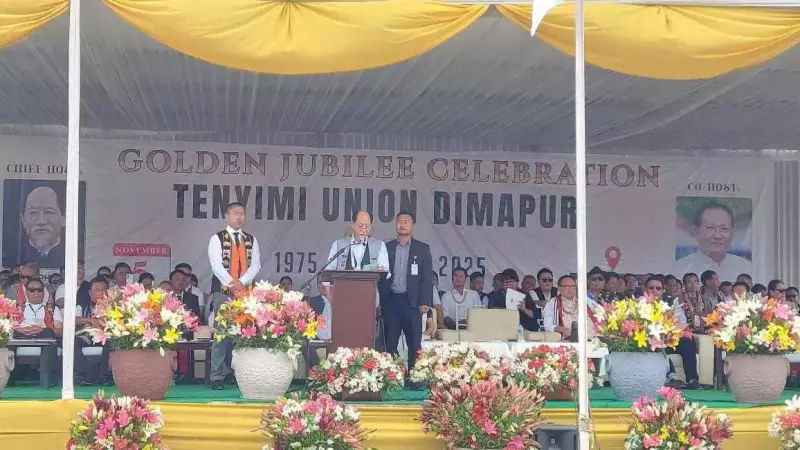
In a significant development that could shape the future of Nagaland, Chief Minister Neiphiu Rio has issued a compelling call for unity among all Naga groups and communities. The veteran leader emphasized that collective effort is crucial for resolving the longstanding issues facing the Naga people.
A Plea for Collective Action
During his address, Rio stressed that fragmented approaches have hindered progress for far too long. "Our strength lies in our unity," he stated, highlighting how divided efforts have prevented meaningful solutions to common challenges affecting the Naga population.
Addressing Core Concerns
The Chief Minister outlined several critical areas requiring immediate attention through unified action:
- Political settlements and peace processes
- Economic development and job creation
- Infrastructure improvement across the region
- Preservation of Naga cultural identity
- Educational and healthcare advancements
The Path Forward
Rio's appeal comes at a crucial juncture in Nagaland's political landscape. He articulated a clear vision where different Naga factions, community leaders, and civil society organizations work collaboratively toward common goals rather than pursuing isolated agendas.
The emotional resonance of his message was palpable as he spoke about the shared heritage and common destiny of all Naga people. His words carried particular weight given his extensive experience in Naga politics and deep understanding of the region's complexities.
Building Consensus for Progress
The Chief Minister's unity call represents more than just political rhetoric—it's a strategic approach to break longstanding deadlocks. By fostering dialogue and cooperation among various stakeholders, Rio aims to create a conducive environment for sustainable development and conflict resolution.
This initiative marks a potential turning point in how Naga issues are addressed, shifting from fragmented approaches to a more cohesive, collective strategy that could finally deliver the progress the region has long awaited.






